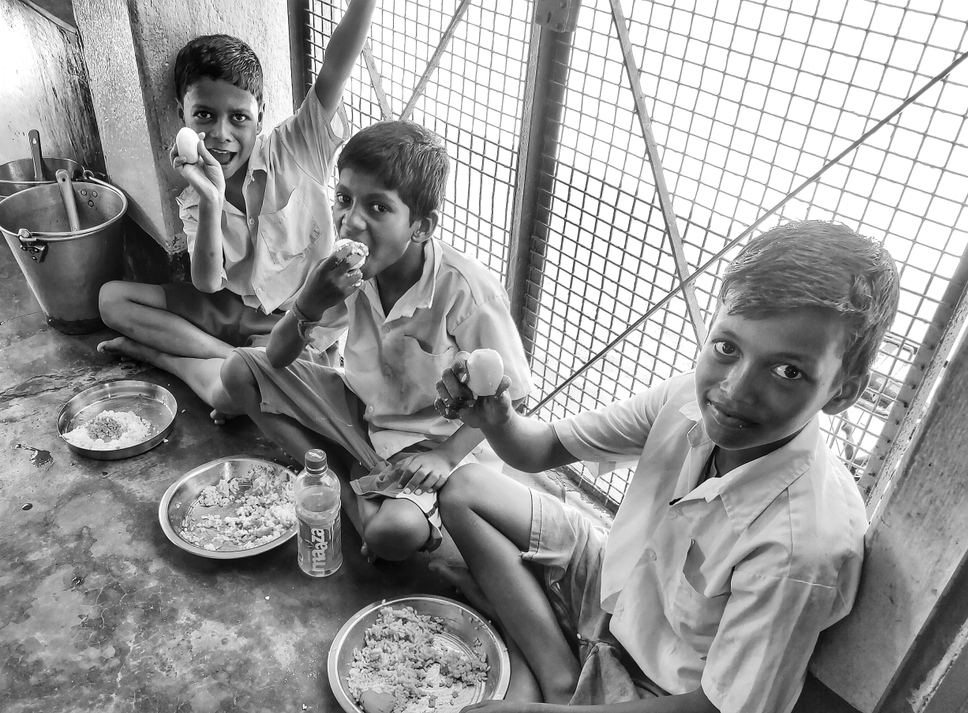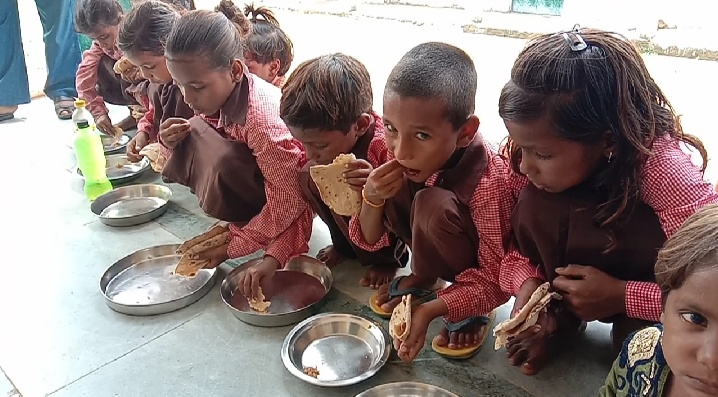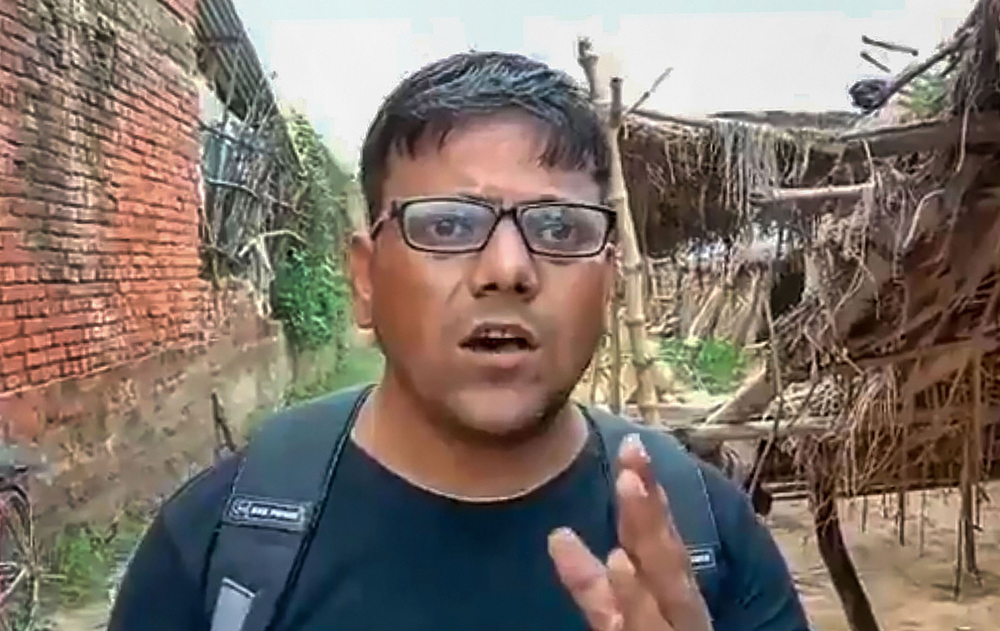In this land of competitive callousness, children come last. The mid-day meal scheme in schools, which, astonishingly, predates the Narendra Modi government, is meant to battle children’s malnutrition and increase attendance, while indirectly breaking down caste barriers linked to cooking and eating. But the administrators and law-enforcers of Uttar Pradesh are far more concerned about the reputation of the Yogi Adityanath government than the welfare of the children in their villages. A journalist who circulated on social media a video clip of children in a rural government school near Siyur, Mirzapur having a mid-day meal of rotis and salt, he, the representative of the panchayat chief who helped him and another person were charged with criminal conspiracy for planning to malign the government. Although investigation has exposed the culpability of the school authorities and the headmaster — some villagers, too, have said that their children often say they get rice and salt, and a parent-cook was earlier asked to keep mum about the practice by the headmaster himself — a tangled yarn of a made-up scene of the mid-day meal validating the guilt of the journalist and the villager has been spun by the administration.
It is now apparently normal to use law as a weapon to silence, threaten and punish in extreme measure — criminal conspiracy, if proven, leads to death or life imprisonment — with no account taken of the act in question. There does not have to be a crime, or even a minor offence. All it needs is a journalist doing his job, a commentator making a critical comment about any ruling Bharatiya Janata Party government in a state or at the Centre, a citizen protesting against injustice or the abuse of a system, or a teacher, artist or writer disagreeing with false beliefs being shoved down people’s throats for the law, once used for grave matters, to close its trap. The mindset of New India’s rulers is revealed by their questions regarding the journalist: what right had he to film when he works for a printed newspaper? Why did he make the video public instead of going to the administration? Apparently, the government wishes to define the limits of all professions in the country; it is psychologically an occupier. Children do not matter; they do not vote.













